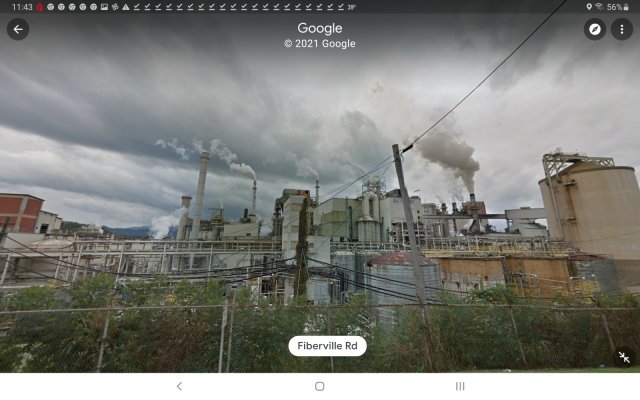NateW
Recycles dryer sheets
- Joined
- Jul 30, 2011
- Messages
- 425
DW and I are looking to buy a new home in a new geographic area and I would like to know what are some of the not-so-apparent items that should be researched and/or looked into prior to purchase. I want to develop a checklist I can use to lessen the likelihood of purchasing a home that has issues, and/or selecting a location that is problematic.
I approach our house hunt with some apprehension because a year after I ER'ed, DW and I bought our current home (in a new geographic location) and have lived in it a little over 2 years. Now we have to move because of a completely unanticipated situation that makes it impossible for us to remain in our home; and I thought I did diligent research prior to purchase. If you are curious as to what the issue is, I posted about it here: https://www.early-retirement.org/fo...eres-no-legal-recourse-what-to-do-106989.html. I don't even think renting in the area for a year would have helped in our situation because the problem is confined to specific location within a specific neighborhood. We can't afford to make a similar mistake again.
Please reply with, once you have identified a potential new home, what you would research and look into prior to hiring a home inspector and making an offer. Thanks.
P.S., one I important item I came up with following the experience with my current home is this: Look at the sales history of the properties nearest to the one being considered (access this information via the County/City online property records). View at least 15 property records. Something is amiss if the majority of them have recent sales. (If I had done this before our current home purchase it would have prevented the problem requiring us to move, because we would not have purchased our home. 9 houses in a row, ours being in the middle, changed ownership within the previous 2 years. Many of the other 100 houses on our street were still owned by their original owners and just a very few homes had recent sales. A cluster of recent sales won't reveal the specific serious problem, but it will tell you there probably is one!
I have also discovered Google Maps Satellite and Street Views are your friend. These views can reveal all kinds of undesirable things in the neighborhood and around a potential home. Online pilots' maps are another good resource I have discovered (I never knew so many local airports exist; they seem to be located every 15 to 25 miles in the suburbs.)
I approach our house hunt with some apprehension because a year after I ER'ed, DW and I bought our current home (in a new geographic location) and have lived in it a little over 2 years. Now we have to move because of a completely unanticipated situation that makes it impossible for us to remain in our home; and I thought I did diligent research prior to purchase. If you are curious as to what the issue is, I posted about it here: https://www.early-retirement.org/fo...eres-no-legal-recourse-what-to-do-106989.html. I don't even think renting in the area for a year would have helped in our situation because the problem is confined to specific location within a specific neighborhood. We can't afford to make a similar mistake again.
Please reply with, once you have identified a potential new home, what you would research and look into prior to hiring a home inspector and making an offer. Thanks.
P.S., one I important item I came up with following the experience with my current home is this: Look at the sales history of the properties nearest to the one being considered (access this information via the County/City online property records). View at least 15 property records. Something is amiss if the majority of them have recent sales. (If I had done this before our current home purchase it would have prevented the problem requiring us to move, because we would not have purchased our home. 9 houses in a row, ours being in the middle, changed ownership within the previous 2 years. Many of the other 100 houses on our street were still owned by their original owners and just a very few homes had recent sales. A cluster of recent sales won't reveal the specific serious problem, but it will tell you there probably is one!
I have also discovered Google Maps Satellite and Street Views are your friend. These views can reveal all kinds of undesirable things in the neighborhood and around a potential home. Online pilots' maps are another good resource I have discovered (I never knew so many local airports exist; they seem to be located every 15 to 25 miles in the suburbs.)
Last edited:


